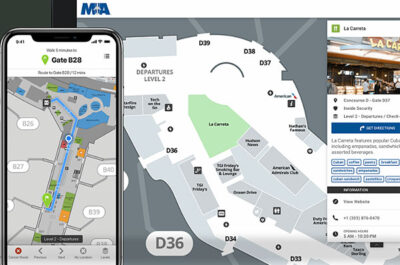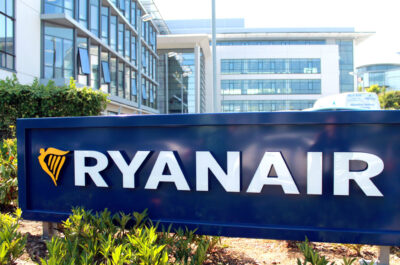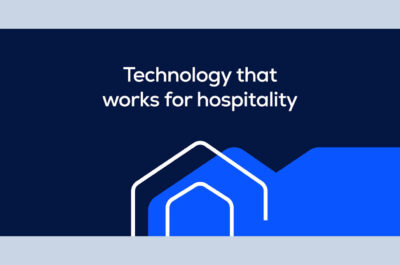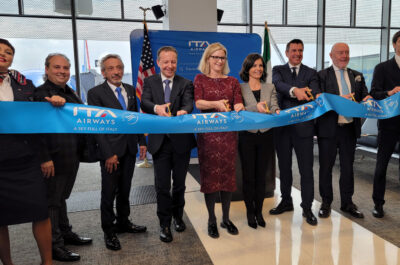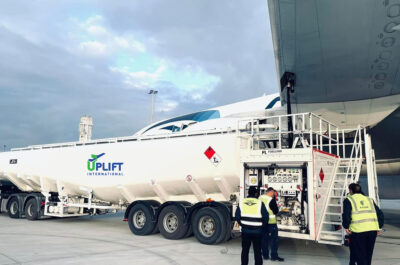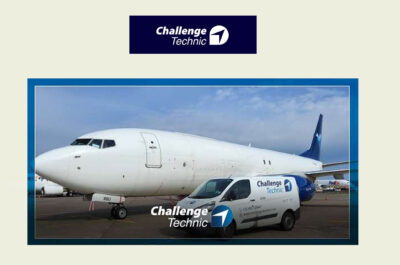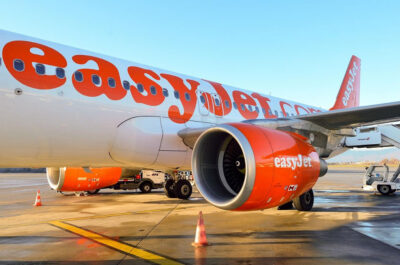Companies need to have appropriate cover, access to rapid support and effective resources to ensure staff are adequately protected whatever the circumstances – a requirement likely to be far above what a standard travel policy can provide.
Official statistics* show that UK businesses are increasingly looking overseas for new business opportunities. Spending on business travel increased by a substantial 30% during 2015, and the number of business visits abroad went up by more than 5% during the year.
At the same time, we are witnessing increased volatilities around the world, with the rise of social and civil unrest being one of the defining trends in 2016. Business travel has always had its inherent risks, with travelling staff facing a raft of potential problems – anything from low frequency high impact risk of terror attacks, kidnap or natural disasters, to the more common lower risk complication of food poisoning, illness, petty crime or travel disruption – but the complex global environment means that business travellers are increasingly exposed to such risks as the line separating high-risk and low-risk destinations is becoming increasingly blurred.
Companies need to have appropriate cover, access to rapid support and effective resources to ensure staff are adequately protected whatever the circumstances – a requirement likely to be far above what a standard travel policy can provide. Add to this the huge variation in companies, their geographical spread, their operating sector(s) and the hugely differing risk appetite of their owners or managers; it becomes apparent that an off-the-peg travel risk solution is unlikely to work for all firms.
So what are the key aspects companies and their insurers should consider in order to ensure their business travel policy can offer appropriate protection to travellers in the face of diverse potential threats?
1. Mitigating against overriding risks
A specific area that augments cover is the provision of information portals, tracking and risk alerts – whether this is through smartphone apps or online tools – to ensure foreseeable travel risks can be mitigated up front but also enable assistance to be delivered quickly and efficiently to those caught up in a specific event as traveller exposure can be readily monitored.
2. Ensuring exclusions and excesses are kept to a minimum
In a political or military event, evacuation and/or repatriation cover may be declared void under commonplace policy exclusions. Last year’s military coup in Turkey provides a perfect example that rapid responses and effective solutions including evacuation or repatriation can be vital in protecting travellers and helping them get home safely if they find themselves caught up in such volatile situations which can easily escalate into civil violence.
3. Establishing information sharing networks
Information exchange should be two-fold. In addition to providing employees with timely and relevant travel risk information, companies are increasingly setting up processes for their staff to report information themselves within peer networks, from travel delays to more serious business continuity or disruption issues, so that problems can be identified and dealt with and resolved quickly if possible.
4. Don’t ignore the threat of kidnap
Firms exploring opportunities in parts of the world such as Central or Latin America where the threat of kidnap is elevated should consider extending kidnap protection and ransom cover beyond that of a general business travel accident policy.
5. Ensuring medical cover is fit for geographical purpose
Those sending staff into parts of Africa might want to extend medical cover to ensure no exclusions apply given the risk of malaria, road traffic accidents and other dangers inherent with travel on the African continent, which can often result in evacuation to Europe or South Africa for appropriate medical care. Equally those employees operating in areas where the threat of terrorism is more commonplace need to have a policy that ensures fiscal cover is in place for such events should they require medical attention or evacuation as a result.
6. Access to timely legal assistance
Employees might inadvertently violate local laws due to ignorance or false assumptions that the same legal rules at home would apply in other countries, which at times can result in dire consequences for travellers. The possession of prescribed medication, which might be classed as illegal drugs in some countries, is a case in point. This again illustrates the importance of pre-travel guidelines and travel alerts for risk mitigation. Some companies incorporate legal hotline services within their travel insurance cover to ensure access to timely and competent legal help abroad for employees.
7. Clear guidelines on corporate travel policy for Bleisure
If a company’s travel policy allows leisure days to be tagged onto a business strip, there is a moral imperative to ensure that employees are aware of any stipulations of cover where the company offers this, or of the need to arrange their own cover if they do not. Our own study has found that despite 89 per cent of companies allowing ‘bleisure travel’, almost a third do not extend the protection offered by their travel risk policy to cover these additional days. Employers should talk to their insurer or broker about what is and is not covered in terms of leisure days, to modify their policies accordingly and ensure this is communicated to staff.
Randall Gordon-Duff, Head of Product, Corporate Travel, Collinson Group, said: “The days of simply buying a general business travel accident policy without overlaying company travel patterns and exposure within a corporate travel framework are long gone – and any company that still takes this approach needs to urgently re-evaluate their risk management approach.
“Companies need to take a proactive stance by building specific travel risk guidance and procedures around their insurance cover and actively look to protect their staff against these risks by ensuring more is done in both the breadth of insurance cover and the provision of proactive rather than reactive assistance.
“Insurance companies are increasingly working with assistance providers to provide a solution that extends cover and response for their clients to ensure their products are fit for duty of care. These comprehensive products enable underwriters to utilise pre-travel information and advice services to manage their clients’ overseas travel risks and potentially reduce claim costs. More importantly, they can help firms fulfil their duty of care obligations to ensure that their travelling employees are always being looked after no matter where they are.”
*https://www.ons.gov.uk/peoplepopulationandcommunity/leisureandtourism/articles/traveltrends/2015
Vicky is the co-founder of TravelDailyNews Media Network where she is the Editor-in Chief. She is also responsible for the daily operation and the financial policy. She holds a Bachelor's degree in Tourism Business Administration from the Technical University of Athens and a Master in Business Administration (MBA) from the University of Wales.
She has many years of both academic and industrial experience within the travel industry. She has written/edited numerous articles in various tourism magazines.
















